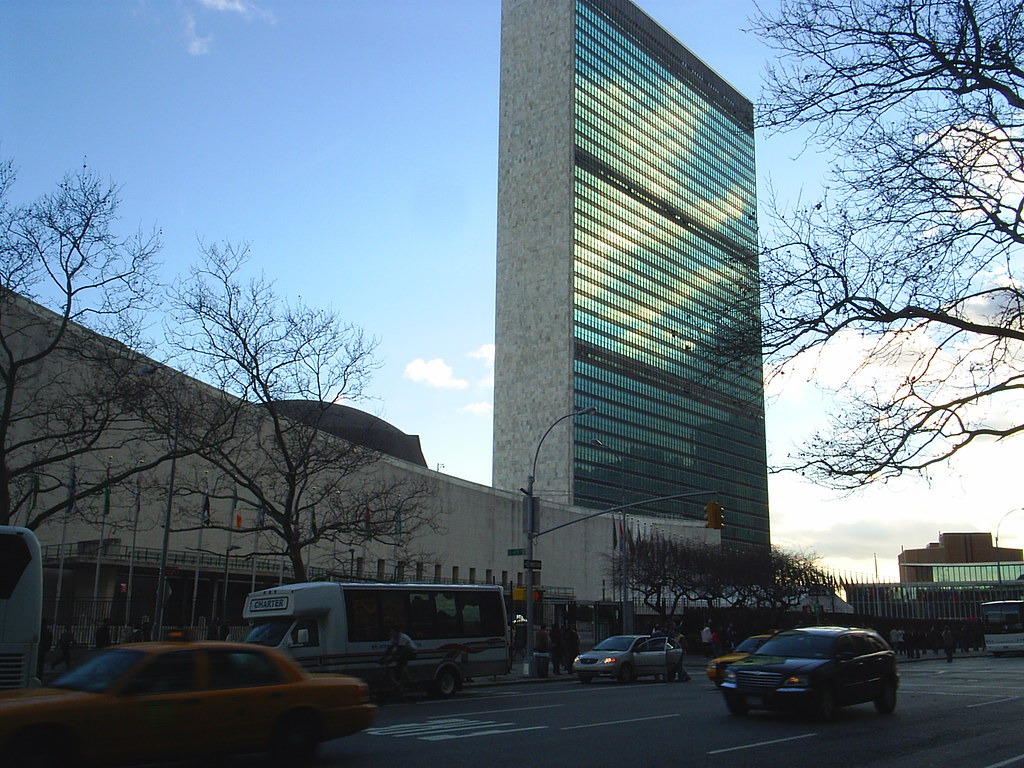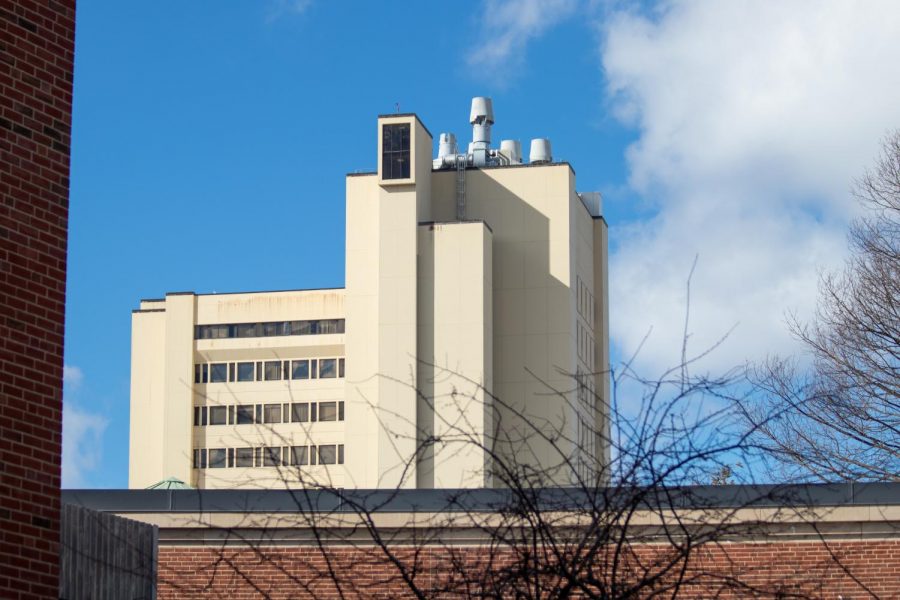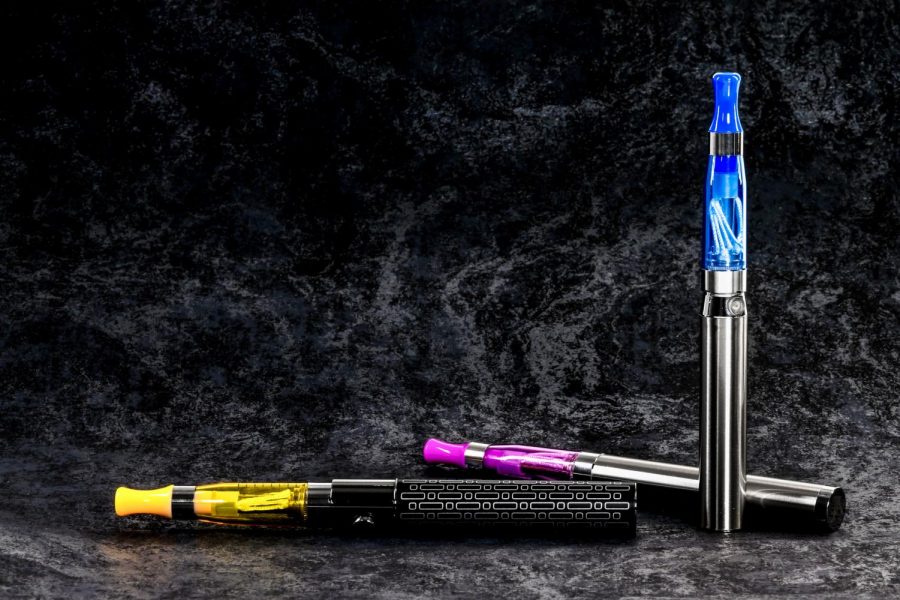See the counter argument: Only the Syrians can liberate Syria
It’s 8:55 p.m. Monday night in Syria when a video is posted on YouTube.com of a student protest in Homs, Syria, but unlike the Southwest riot after the Superbowl on Sunday night, the Syrian protest is not broken up by smoke bombs and pepper balls, but instead by snipers, guns, bullets, blood and fear.

A Civil War, or what some politicians call genocide to explain what has become the deadliest conflict of the Arab Spring, is happening right now in Syria
Protesters are farmers and tradesmen with no experience or ability to fight against snipers, bombs or the Loyalist army, resulting in the deaths of over 5,000 in the 11 months since the protests began according to the United Nations (U.N.). Most of the deaths are civilians, not soldiers, with the majority of the dead being children, and the violence is predicted to escalate. A human rights intervention needs to occur to save the Syrian people from dictator Bashar al-Assad.
“Civilians are facing tanks. There’s every indication the dictatorship is moving to crush, once and for all, the 11-month-old rebellion against the 40-year dictatorship of the Assad family,” reported CBS News journalist Clarissa Ward.
The Syrian government believes they can act “without restraint” because the United Nations Security Council failed to act, and Assad believes the U.N. will not try to act again, leaving Assad’s continued murder of citizens free of consequences, says Ward.
Assad is not afraid of U.N.-imposed political and economic sanctions because allies like Russia, Iran and China will continue to support Syria. The sanctions will have no effect and will not scare Assad into ending the government assault on citizens. Protesters and the Syrian government have both vowed to use military means and not diplomacy to the end, says CBS journalist Scott Pelley. The Civil War will continue to get bloodier and could go on for years, destroying the country and the fragile peace in the entire Middle East.
The intervention in Syria is not only a moral right and a savior for the thousands of Syrians in danger, but also a diplomatic and a military necessity.
The Arab League agrees the Syrian people need to be aided and Assad should step down. The United States and Arab League never agree on anything, so this situation is a good opportunity for the U.S. to further diplomatic friendship with other Arab countries. Saudi Arabia and Qatar have both removed their ambassadors from Syria, sensing the violence will not stop anytime soon. The Arab League is asking the U.N. for help, which also never happens. If the U.N. responded by removing Assad from power and stopping the threat to the Middle East area, the United States could create more and stronger alliances that would be useful later.
The Middle East is constantly on the brink of war and Syria is geographically in the middle of the region bordering Israel, Lebanon, Jordan, Iraq and Turkey. All of Syria’s neighbors feel threatened, especially Israel. On the opposite side of instable Iraq is Iran, where there is conflict against Israel. Supreme Leader Ali Khamenei declared last Friday it will support any country that confronts Israel claiming Israel was a “cancerous tumor that should and will be cut.”
Syria as Iran’s ally will allow Iran’s troops to cross, breaking the fragile government in Iraq and attack Israel. Israel is prepared to fight and protect itself from Iran. But a war between the two countries would be catastrophic for the region, plunging every country into crisis mode. If the U.N. or the North Atlantic Treaty Association (NATO) had a presence in Syria it would be a natural buffer between Israel and Iran and would hopefully prevent further bloodshed and tension. Israel and Iran are both suspected of having nuclear weapons, and a war between them could leave the Middle East as a big crater instead of countries.
While governments debate over the best way to deal with Syria, Paul Wood, a BBC journalist that was smuggled into Homs says “the people feel abandoned by the outside world.” He said the Syrian army is marching toward Homs, the city undergoes constant shelling and the people are terrified. A nearby field hospital, the only one around for miles, is being intentionally targeted by the Syrian army, shelling in hopes that the people of Homs will be injured and scared enough to not rise up against the government anymore.
A 7-year-old girl died at the hospital after a bomb crashed through her home’s ceiling on Sunday. Her parents had to bury her in the middle of the night because when people leave their houses during the day they are shot by hidden snipers.
No situation is simple, especially not in the Middle East. Syria is in the most dangerous region of the world and now some cities are constantly bombarded with army shelling for simply wanting to elect their leader. The international community needs to act with an intervention plan to save the people from their military and government.
Claire Anderson is a Collegian columnist. She can be reached at [email protected].


















